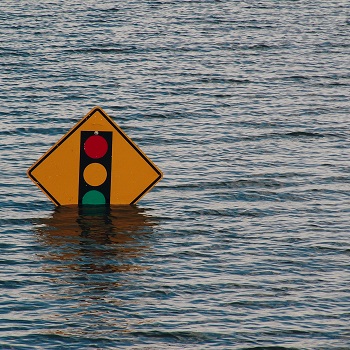When European leaders earlier this year decided to settle the controversial issue of where to relocate European Medicines Agency (EMA) and European Banking Agency (EBA), with a vote in the General Affairs Council, they did so to avoid the a potentially ugly fight amongst leaders. This was key in order not to upset the new found and much needed unity of the EU27 following the Brexit referendum and the triggering of Article 50. What seemed like a smart decision at the time, has over the past month turned out to be an equally ugly process, that, following the decisions to move the EMA to Amsterdam and the EBA to Paris, will have left some leaders with a little less belief in what the unity of the EU27 means.
Of key importance is not who won the race for the relocated agencies in the end, but rather who was left behind before the end game. No Eastern European country made it to the final round of three for either of the Agency’s relocation. The race came down to the established Member States – four of them being founding Members. These decisions can and will be justified by the use of objective criteria in terms of infrastructure, staff retention and a smooth transition. However they also represent a fundamental shift in the way that the EU chooses to distribute its institutions. Previously, leaders in the end accepted the idea of a balanced and equitable distribution to be a key criteria, if not in the end the deciding factor. This time however, it would be very easy for the Eastern European Members to consider the outcome at best a tone deaf move by Western European countries.
Why is this potentially a problem for the EU? In principle the EU is fundamentally about solidarity, but when it really comes down to money and attracting industry it is frequently every Member State for itself, with political principles of unity and equal distribution taking a back seat. Yesterday made this very visible, and put what could be viewed as disregarding the interests of the Eastern Member States firmly in view. In times where unity is greatly needed, one is left wondering why it was not possible to at least agree on one of the agencies going to the East, so as not to give rise to strengthen anti EU voices in countries such as Poland, Hungary and the Czech Republic. Previously, Heads of Government would have taken these factors into account, however the foreign ministers decided differently less than 24 hours ago – now it is up to the European Council and the 27 leaders to mend the bridges and find a way to move forward together – and they need to do so quickly as difficult decisions await in the December European Council.
Find Out More
-
Why the EU can’t risk failure at COP27
November 4, 2022


